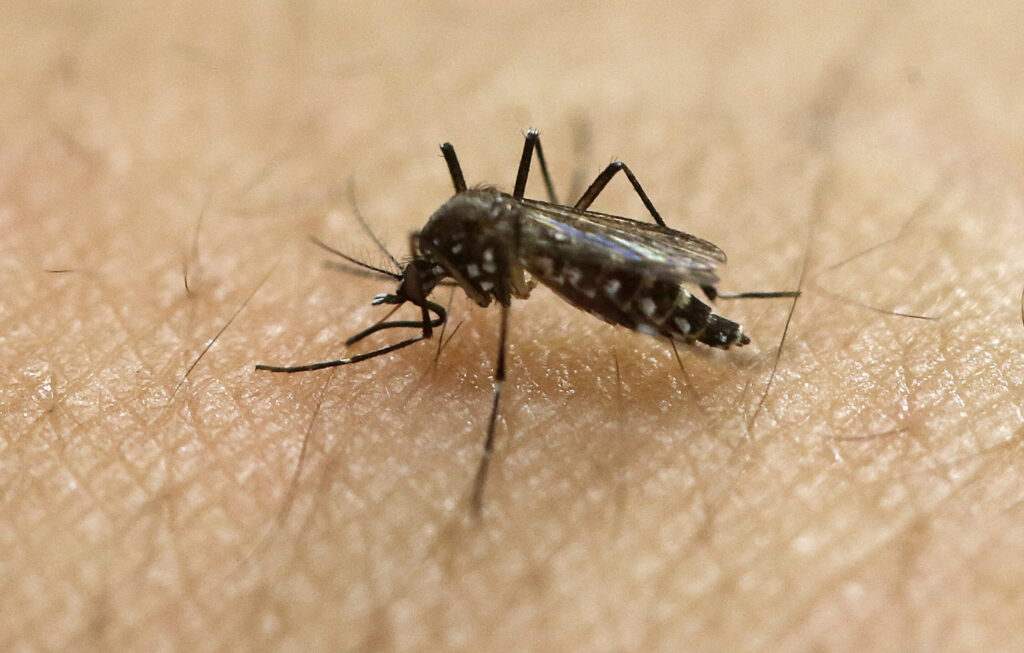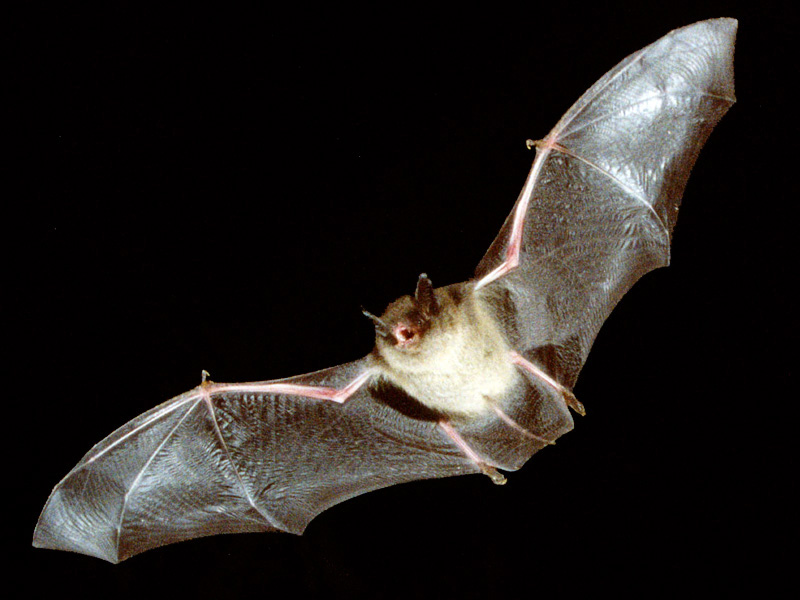Bats have been termed as good neighbors by some experts, due to their insatiable appetites for small insects that bother us. Research has revealed that corn farmers in America save close to 1 billion dollars every year thanks to the nontoxic, free pest control offered by bats that consume earworm moths which feed off of corn. Aside from their agricultural benefits, bats are especially appreciated for preying on one of Milwaukee’s most despised insect: mosquitoes. Recent research has also shown that more types of mosquitoes are eaten more frequently by bats as against the studies done in the past involving other insects. This new report has revealed the abilities of bats to eat hundreds of mosquitoes within the space of an hour. Even now, this study has created a strong case for humane bat removal methods when we find them in our homes.
Bats and their Mosquito-Hunting Proficiency
Bats are prolific hunters of mosquitoes, probably due to their nimbler, smaller frames. Little and giant brown bat species are both prevalent in North America, and these bats seem to be hyperactive when it comes to eating mosquitoes in the hundreds. The little brown bat, for instance, preys on 9 species of mosquitoes known to be carriers of the West-Nile virus – a disease harbored by insects that is life-threatening to birds as well as humans. Although Milwaukee bat removal companies and other experts have provided evidence to the fact that a number of bat species can help to significantly reduce the population of mosquitoes.
Do Bats Really Eat 1000 Bats Per Hour?
You’ve possibly heard that bats can eat up to a thousand mosquitoes every hour. In reality, it is physically possible for bats to eat ten mosquitoes or more in 60 seconds, but there is no substantial evidence that bats would continue eating for a full hour at that pace. Although, it’s common fact that a lot of bats delight in feasting on mosquitoes, the actual science behind that fact is surprisingly vague. One commonly cited study reveals that ten mosquitoes can be eaten by a single bat per minute, for instance, but those researches were conducted in controlled environments, so they don’t correspond to natural conditions. One little brown bat in the wild can reportedly consume hundreds of different mosquito species per night. Other evidence also exists that bats can eat mosquitoes in the hundreds within a short interval, but little has been done to substantiate the huge 1000 hourly mosquito feasting claims.

Eating Habits of Bats and the Impact On the Ecosystem.
Keeping bats around isn’t as dangerous and unsafe as some people believe it to be. Bats have played vital roles in keeping the ecosystem balanced for centuries. Bats pollinate fruits and also eat many agricultural pests, such as spotted cucumber beetles, corn ear moths, and others. These services as provided by bats is the primary reason why people in recent times, set up bat houses on their properties. This recent development is as a result of the expanding risk of mosquito-borne diseases such as Dengue, Malaria, Zika, and West Nile. Bats have become our little helpers in the summer, without them we won’t have protection from mosquitoes and other disease-causing insects. Which is why it is important to contact a humane bat removal company in Milwaukee.
The population of bats continues to experience a global decline due to wind turbines, poaching, habitat loss, and the white-nose syndrome that’s prevalent in North America. So it’s critical to re-examine their potential role as agents for mosquito control, and thus their significance as targets for conservation. Although mosquitoes only make a fraction of the larger diet of bats, their effectiveness in exterminating these insects offers hope for controlling the spread of the diseases mosquitoes carry.



